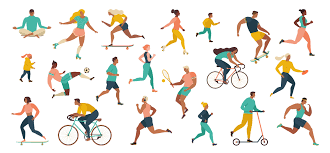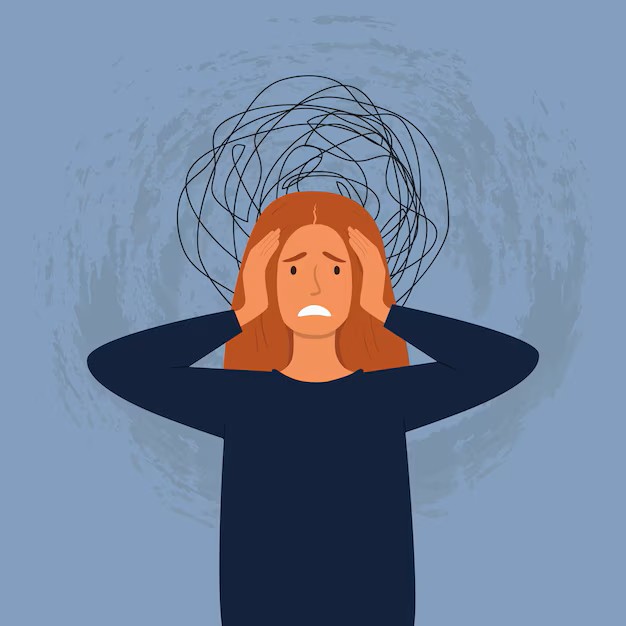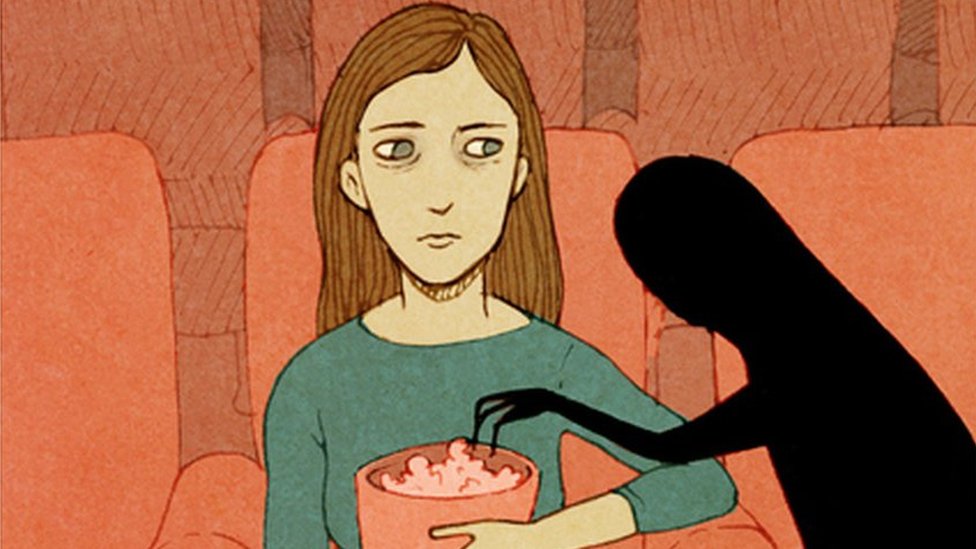How Skateboarding Can Grow Mental Control
by Adam Burjan | Thursday, Apr 14, 2022
Although I, unfortunately, have not been able to skateboard very much in college, I try to find the time here and there as I have been skating for 6 years. One of the things I really enjoy about skateboarding is, despite the wild tricks people do on skateboards, I feel it’s just as much of a mental sport as a physical one, if not more so. Many tricks don’t require much physical strength or flexibility to execute, but mental strength to land. This is called “committing” to the trick, and it can be a very hard mental barrier to override. Therefore, to land a trick, you need to condition yourself mentally.
Skateboarding heavily uses “shaping” to land a trick. Essentially, you need to recondition yourself not to fear the trick. What I mean by that is many people will instinctively try jumping off a board to avoid falling when trying to learn a new trick, and rightfully so. Messing up a trick can sometimes result in a nasty fall on the pavement. I’ve sprained both of my wrists and one time fell so hard that it hurt to breathe for a week. It’s usually unavoidable to have at least a fall or two, but learning to fall correctly can help you learn tricks faster and feel more confident while skating. Skate tricks are something we’re not biologically hardwired to do, and it can feel pretty uncomfortable trying to push past this fear. People can learn the muscle memory for a trick quickly, but mental conditioning often takes much longer, so you might not even realize while practicing that you subconsciously know how to land a trick at any point. Instead of entirely committing to landing the trick on the first go, practice it in little steps. Each attempt is a bit closer to landing the actual trick. When you first try a new trick, you’ll most likely end up jumping off the board many times after you do the initial movement (i.e., spinning or flipping the board). Then you’ll try to land the trick with only one foot on the board or try an easier version of the trick, like doing a kickflip but only flipping it halfway and landing on the bottom of the board. Finally, sometimes after many days of attempts, you commit one hundred percent to landing the trick, and congratulations, you’ve learned a new trick! Skateboarding uses intrinsic motivation (motivation based on your own internal drive or interest). In other words, each time you achieve a stage of learning a trick, you get excited to try the next step. Skateboarding also incorporates observational learning. You can learn a lot about a trick from how a friend does it, such as how they position their feet and what angles they put them at. Also seeing someone else land a trick you’re trying makes it feel less scary, as it reinforces that it is something very doable and that the barrier is mainly in your head.
Another thing that would make me spend hours and hours a week skateboarding is it’s a kind of variable-ratio conditioning in which you never know how many tries it will be until you get another success. There’s a bit of a joke in the skateboarding community that when a friend is filming you trying a trick, you always need “just one more try”. Ultimately that can turn into wanting just five more tries, and then just 10 more minutes, on and on. I’ve had times recording a trick for someone where we’ve ended up staying at a skatepark an hour longer than planned because they wanted to try a trick “a little more”. Sometimes a trick requires a lot of mental conditioning to land, and sometimes it’s simply you’re just physically struggling to land a trick. It can take a few minutes of extra practice, or hours and hours to land a trick even if you’re almost landing it every single time. This is what gets people to keep on trying a trick too, there’s no set pattern to how long it’ll take.
While I think operant conditioning is the best explanation of many aspects of skateboarding, there is also some classical conditioning. For example, if you have a bad fall it can be enough for you to associate skateboarding with injuries and stop you from skating anymore. I’ve seen someone severely injure themselves skateboarding and didn’t skate after that incident because they were too afraid of getting hurt again. Skateboarding shifts from an unconditioned stimulus to a conditioned one, with the conditioned response being a fear of skating.
Overall, I think skateboarding is a really fun pastime that can teach you a lot about mentally training yourself, and it can be very fulfilling to work towards learning new tricks.


